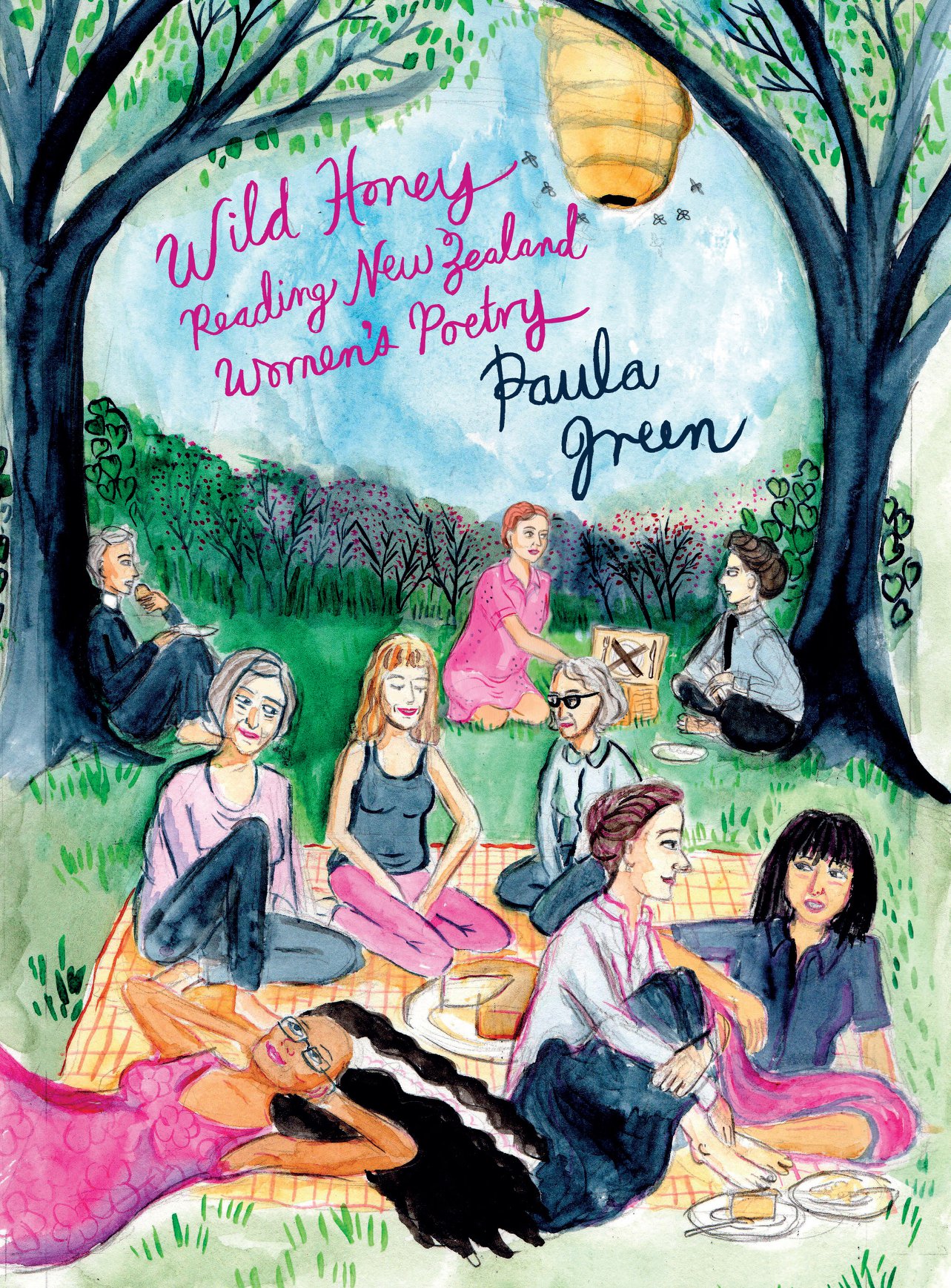The winners of the 2020 Ockham NZ Book Awards – the online Ockhams – were announced on Tuesday 12 May. From 172 entries, four titles were chosen – along with four first book winners, Remarkably, first-timers won the top fiction and non-fiction prizes.
16 May 2020
Debut novelist takes out fiction prize at 2020 Ockhams
Westport writer Becky Manawatu has won this year’s $55,000 Ockham New Zealand Book Awards' Jann Medlicott Acorn Prize for Fiction for her first novel, Auē.
Manawatu's win was announced in a half-hour virtual ceremony on Tuesday 12 May (which can viewed on the Ockham New Zealand Book Awards' YouTube channel). She was the only debut novelist, competing against established and critically acclaimed writers: Owen Marshall (Pearly Gates), Carl Shuker (A Mistake) and David Vann (Halibut on the Moon).
Described by the judges as a 'mere pounamu', Auē, published by Mākaro Press, is the hard-hitting story of orphaned Arama, who is deposited in rural Kaikōura with relatives, and his brother Taukiri, a young man fending for himself in the big smoke.
The Awards' Fiction category judges were unanimous in their decision. "There is violence and sadness and rawness in this book, but buoyant humour too, remarkable insights into the minds of children and young men, incredible forgiveness and a massive suffusion of love.
"With its uniquely New Zealand voice, its sparing and often beautiful language, the novel patiently weaves the strands of its tale into an emotionally enveloping korowai, or cloak," they said.
From Rock God to Book Baron
Another first-time author, Dunedin's Straitjacket Fits frontman Shayne Carter, won the General Non-Fiction Award for his work, Dead People I Have Known (Victoria University Press).
"From the first page, Shayne Carter invites the reader to jump right in and come along for the ride. What follows is an illuminating insight into his childhood, shaped by violence and addiction, of a boy who didn't fit in and felt saved by music… it is a fascinating look at what it means and feels like to be a creative obsessive – pushing towards perfection despite, and because of, addiction, oblivion, and isolation.
"It is rock-star writing: entertaining, revealing and incredibly heartfelt," said the category judges.
"There is violence and sadness and rawness in this book, but buoyant humour too, remarkable insights into the minds of children and young men, incredible forgiveness and a massive suffusion of love..."
Ockhams judiciary on Auē
Rickerby wins Biggs
Wellington writer, editor and publisher Helen Rickerby won the Mary and Peter Biggs Award for Poetry for her collection How to Live (Auckland University Press).
"How to Live names, excavates and exhumes both silenced and previously muffled women. There is a power in naming them and exploring their stories, like a poetic version of war memorials dotted throughout our cities and regions, villages. In doing so, these women get an identity, a voice, and an intergenerational existence.
"This collection of poetry demands much of us: to move, to discover, to challenge, to chastise, to entertain, to teach, to dare and to awaken… It doesn't back down from a societal lesson that, unfortunately, still needs repeating, and often,” said the category judges.
Activism in Aotearoa honoured
Three Museum of New Zealand Te Papa Tongarewa curators – Stephanie Gibson; Matariki Williams (Tūhoe, Te Atiawa, Ngāti Whakaue, Ngāti Hauiti) and Puawai Cairns (Ngāti Pūkenga, Ngāti Ranginui, Ngāiterangi) – won the Illustrated Non-Fiction Award for their work Protest Tautohetohe: Objects of Resistance, Persistence and Defiance.
The category judges said this book stood above the others, not only achieving excellence in writing, illustration and design, but also – crucially – tackling a vast and significant topic worthy of these urgent times.
"The tactile, hand-hewn approach to design complements the huge variety of assiduously collected objects that are this book’s focus. From the obscure and ephemeral to the well-known and loved, the images allow us to be witness to – and challenge us to learn from – our shared past of resistance, dissent and activism."
The General Non-Fiction, Poetry and Illustrated Non-Fiction category winners each took home a $10,000 prize.
Rising talents recognised
Four MitoQ Best First Book Awards were also presented at the Ockham New Zealand Book Awards.
The Hubert Church Prize for a best first book of Fiction: Becky Manawatu for Auē (Mākaro Press). The E.H. McCormick Prize for a best first work of General Non-Fiction: Shayne Carter for Dead People I Have Known (Victoria University Press). The Jessie Mackay Prize for a best first book of Poetry: Jane Arthur for Craven (Victoria University Press). The Judith Binney Prize for a best first work of Illustrated Non-Fiction: Chris McDowall and Tim Denee for We Are Here: An Atlas of Aotearoa (Massey University Press).
Each MitoQ Best First Book Award winner received $2,500 and a 12-month membership subscription to the New Zealand Society of Authors.
Morris dances with literary joy
Paula Morris, a trustee of the New Zealand Book Awards Trust, which governs the Ockham New Zealand Book Awards, says: "This was another extremely competitive year, with a diverse range of outstanding books, reflecting the creativity and vibrancy of our local publishing. It's also a year of surprises, with two debut writers taking home big prizes.
"The winning books explore the political and the personal – to quote Helen Rickerby, 'all kinds of lives'. Through them we travel from Dunedin to Ancient Greece, from beaches to stages to pubs to street protests."
Topics




















